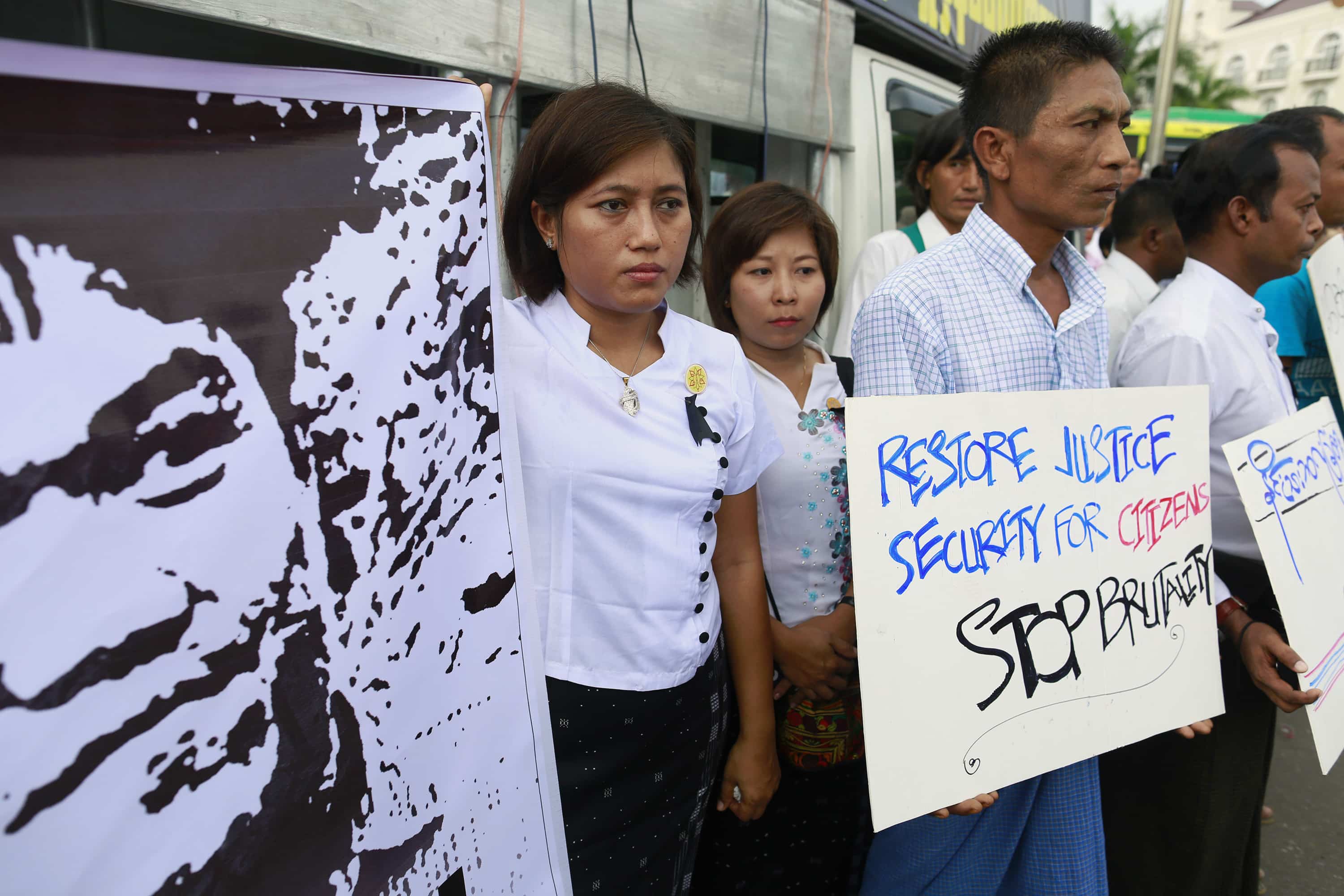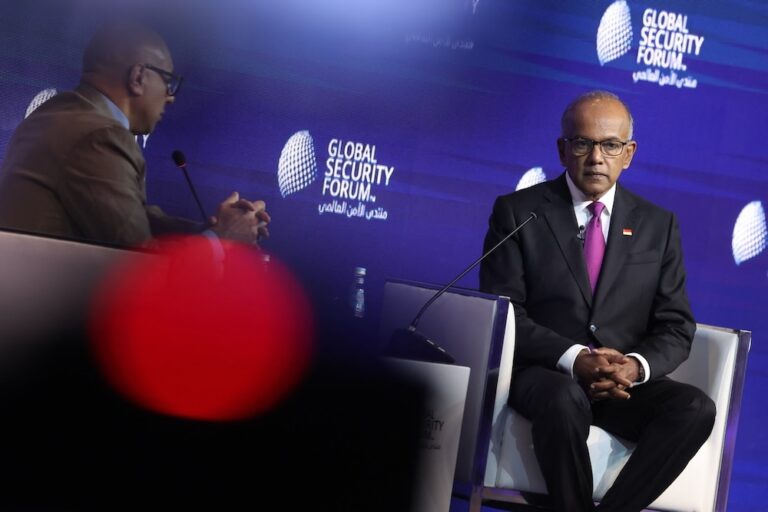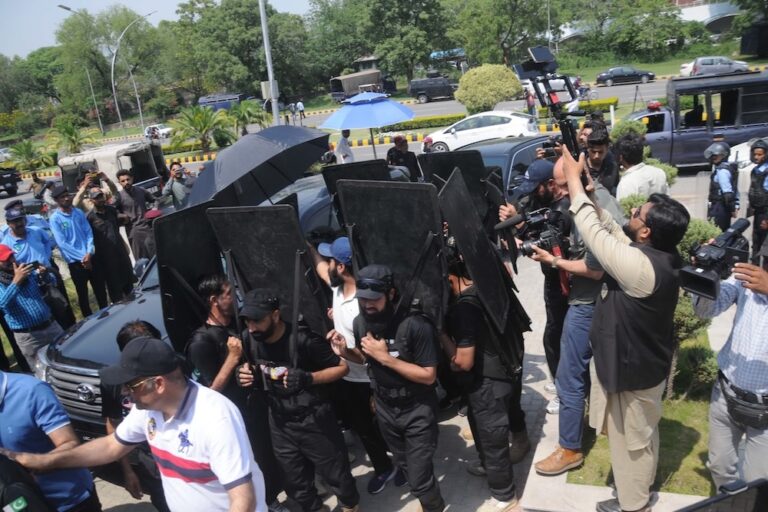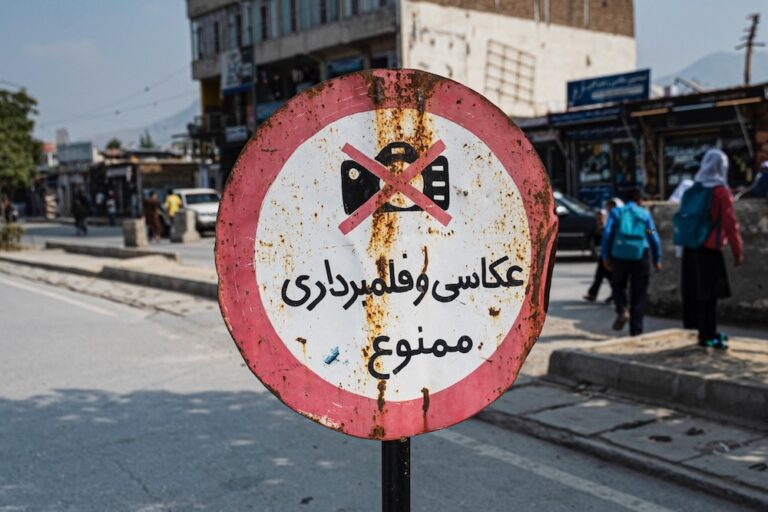A regional network reports on how press laws and other legal restrictions were used against the media over the last year.
This statement was originally published on seapa.org on 3 May 2015.
Rules imposed on journalists, media and free expression form the distinct highlight in the situation in Southeast Asia in 2015. Most countries in the region, with a few exceptions, largely stayed put with regards to the state of press freedom and freedom of expression, with the same prevailing issues of media restriction, control and violence in varying degrees in each country.
The exceptions to this trend are not positive developments, with three countries experiencing serious setbacks in media freedom and freedom of expression.
The big news of the year is about Thailand, and how the country turned around from having a relatively free press to being one of the most restricted in terms of media and public expression. The military junta that took power in the 22 May 2014 coup d’etat has imposed strict bans on media, public and online criticism of government while it overhauls the political system before calling for elections in 2016. Generally, media and citizens have learned to keep within the rules after hundreds were ‘invited’ by the military for ‘attitude adjustment’ – euphemisms for summons and detention. Or maybe, people are just biding their time.
In Burma, officially known as Myanmar, the last year was marked by the continued and intensified trend of deterioration in its new found media freedom. From jailing individual journalists in 2013, the government has now taken action against publications and the collective actions of journalists by using security and criminal defamation laws.
Press Laws
Seven out of eleven countries in Southeast Asia have press laws – or laws that oversee the role and functioning of news media or journalism. These laws are different from media licensing laws, which regulate how media, whether print, broadcast or online, can be established. The latest countries in the region to legislate press laws are Burma in 2014 and Timor Leste in January 2015.
Press laws in the region have different frameworks and principles. For example, Indonesia’s Press Law of 1999 defines and protects journalistic work. It is a model for the region as a guarantee to keep the media free from state intervention and harassment. At the other end of the spectrum, the respective press laws in Laos and Vietnam direct media to serve as the propaganda arm of the state, placed under direct control of the government or the single party governing the country. Nonetheless, most press laws still imbue some form of rights for journalists to gather and report information.
The region, however, is moving toward increasing regulations and restrictions as new rules are imposed to restrict freedom of expression in general and media reporting in particular.
Timor Leste’s new Press Law, intended to protect and develop the young nation’s media, has effectively put new rules and restrictions on journalistic practice. Previously, the media enjoyed a broad constitutional guarantee of press freedom and freedom of expression. Now, apart from having a code of ethics enforced by legislation, the Press Law imposed rules on who can conduct journalistic practice in the country.
Burma’s new News Media Law was passed by parliament last year to replace the 1962 Printer and Publishers Registration Law that governed the media throughout the half-century rule of successive military juntas. Among others, the law upholds some journalistic rights and institutes professional self-regulation. However, the law was passed alongside a Printing and Publishing Enterprise Law (PPEL) that retained government licensing prerogatives and outlined prohibited content that can be the basis for revoking permits.
In reality, the status of the new press law in Burma is uncertain. A permanent Press Council has not been appointed to replace or formalize the interim body appointed while the law was being drafted. Instead of using mechanisms in the law to address professional and ethical breaches, authorities have used criminal charges based on security laws and defamation to jail journalists. On the other hand, the PPEL has been invoked in closing down four community journals in Chin State for not having a permit.
In Cambodia and Malaysia, the licensing regulations are being wielded as a political tool for approving applications of independent media for broadcast (in Cambodia) and publication (Malaysia) licenses in environments dominated by allies and supporters of the ruling parties.
Beyond Media Laws
A related emerging problem in 2015 is that country press laws are rendered useless, as other laws and means are used against media practitioners to control their work.
In Burma the government has invoked security (public assembly, emergency and state secrecy laws) and defamation laws to rein in publications that test the limits of the newly opened reporting space. Editors of two news publications, Unity Journal and Bi Mo Te Nay, have received harsh sentences for published content. Two other news journals have been threatened with criminal defamation. Also, it seems that media professionals cannot even stage protests to defend colleagues and their profession as a whole. Authorities have threatened illegal assembly charges against reporters who protested against several instances of state action on the media.
Indonesia’s Press Law is also ineffectual in reversing the continuing repression of the media and free expression in the restive west Papua provinces, which continue to be governed under de facto military rule. Even in the capital, the Jakarta Post faced religious defamation charges for publishing a cartoon criticising Islamic state militants.
Violence, too, is used to define limits of reporting in terms of the absence of the rule of law for such cases. The Philippines continues to be beset by killings of journalists – five since World Press Freedom day in 2014. Two Cambodian journalists in rural areas were killed while eight city reporters were attacked while covering rallies in the capital in 2014. Burma, too, saw its first (in recent memory) killing of a reporter who covered clashes between ethnic insurgents and the Army. Aung Kyaw Naing, also known as Par Gyi, was in Army custody for about one month before he was found dead in early October 2014, allegedly shot while trying to escape.
Impunity – the non-application of laws – for violence against journalists is thus an effective tool that sets limits on journalism.
Beyond Media Control
Elsewhere in the region, particularly those where mainstream media is under government control like Laos, Malaysia, Singapore and Vietnam, key developments have shifted away from the press. Not finding space in the mainstream media, political expression and public discourse has moved online, and governments have been searching for ways to attain similar control in the remaining open spaces.
In Vietnam, global concern continues to be drawn to the situation of political bloggers and the government clampdown against them, including on social media. Threats against bloggers also manifest in physical form through jail terms for security related offences, and intimidation by security authorities and their supporters.
Malaysia is the third country in the region experiencing reversals but mainly on free speech in general, instead of press freedom. The government has embarked on a sedition charging spree since August 2014, targeting the political opposition, and critical academics, activists, and media. Intensifying in 2015, more than 150 persons have been affected by such charges.
Although the same problems beset the region this year in terms of press freedom and freedom of expression, the media, citizens and civil society are also working hard in defence of their rights. Activists and journalists in Burma, Cambodia, and Malaysia take to the streets to speak out instead of being cowed by government. Media associations in Thailand speak up to the criticism-averse junta to protect their role to deliver information and form public opinion.
In front of computer screens, bloggers and netizens are writing, commenting and criticising governments in Laos, Singapore and Vietnam on an unprecedented scale. Even the quiet act of reading, at times requiring proxies to access blocked online information, brings hope that change is happening, maybe slowly but for certain.



